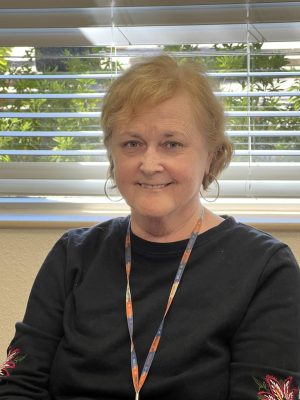College Representative Meetings
December 7, 2015
Hopefully, you hear of the various universities that send a representative to your benefit, that is, if you listen to the announcements. Exactly how can one utilize this program and what advantages come with it?
For answers and perspective, we interviewed Katie Randa MacCrea, a former representative for Davidson and now college advisor.
According to Randa MacCrea, College Rep Meetings serve the purpose of “giving students a chance to learn about a college without actually visiting and receive plenty of research on campus”.
In addition, the student can inform the rep about certain challenges or noteworthy aspects of Bolles.
The reps speak about different characteristics unique to the school like the admissions process, financial aid, and life on campus. The opportunity is unlike visiting the college because it allows a personalized meeting to ask questions.
Any junior or senior can attend a college rep meeting. The only requirements are a pass from the student’s Academic Advisor and permission from your teacher.
The number of attendees can range anywhere from zero to twenty-five, depending on which college is visiting. On average, normally 10 or less students attend. Mrs. MacCrea sees perks in both large and small groups. Larger groups allow easier presentation, however small groups or even just one-on-one is much more personalized.
“I did get to know the rep well, which is good because he will read my application if I decide to apply”, says Nikita Raheja. Although Nikita was the only attendant at the University of Southern California meeting, she given a chance to connect with the representative. Not only do the meetings inform, they offer a chance to influence the rep. on a personal level.
Regardless of whether or not you and the rep. connect, showing interest is an important factor for colleges. Nikita believes,”Meetings are only really good for demonstrating interest, which can play a role in admissions for some colleges”.
Even if the student is just slightly interested, various aspects of the rep’s presentation might attract the student’s attention.
“There’s some things you can’t really find on the internet like how it is on campus, like what programs the campus offers,” says Michael Surenyan. Michael had already decided which college to apply for, yet he attended a meeting on it anyway. He found it tipped the balance of his choice and officially confirmed his desire to apply.
Another instance, Randa MacCrea recalls that she was inspired because of the Honor Code. At Davidson, Randa MacCrea recalls that Davidson had a trust system similar to that of Bolles. The students trusted each other to leave their backpacks anywhere without fear of theft.
It’s good to come prepared as well. Information that the student receives does vary depending on the information he or she knows prior to the rep. meeting. Randa MacCrea’s opening statement used to be, “What do you already know?” The information also varies depending on if the student is a senior or junior. Juniors know less, so they require the “bigger picture” says Randa MacCrea. Seniors are more interested in financial aid because it sways their decision.
Many schools offer this program, but not like Bolles does. Students should take advantage of this great opportunity. And always remember to ask questions: The reps love it when students show interest.






